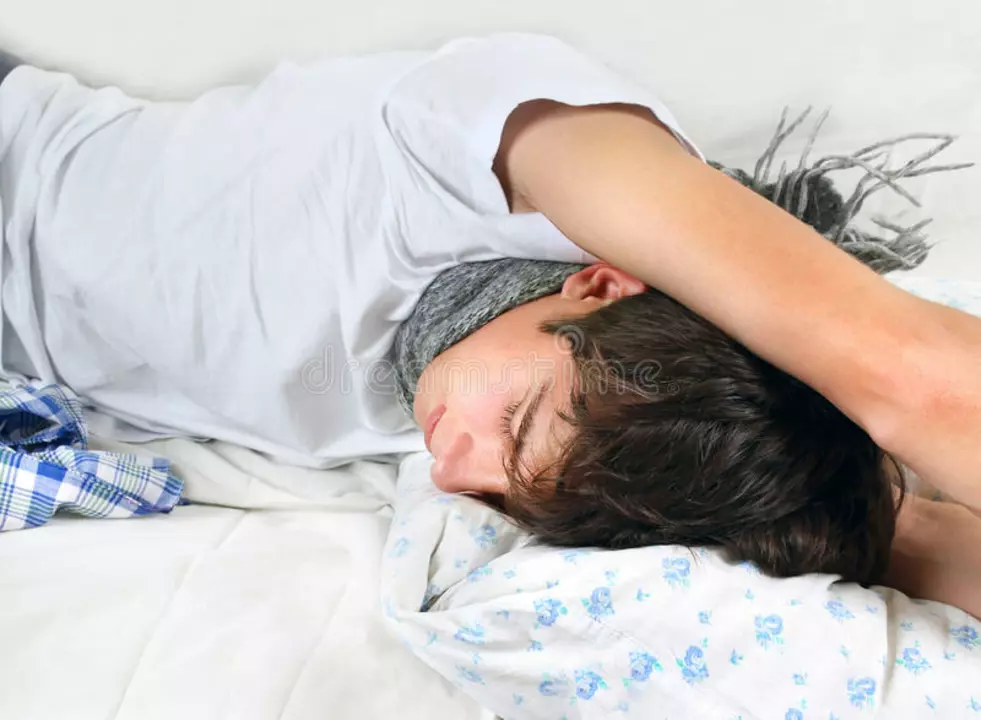Rest: How Sleep, Recovery, and Meds Work Together
Want better rest tonight? Small changes in how you sleep, how you use medicines, and how you handle pain or anxiety can add hours of real recovery. This page pulls practical advice from our pharmacy guides so you get clear steps — not vague theories.
How medicines change your sleep
Some drugs help you sleep, others make sleep worse. Benzodiazepines and drugs like diazepam can make you drowsy quickly, but they change sleep architecture and can leave you groggy the next day. Antihistamines (for example, promethazine/Phenergan) sedate many people but can cause dry mouth, confusion, or next-day sluggishness in older adults. Opioids and strong painkillers often disrupt deep sleep and lower breathing rate — that raises risk, especially if mixed with alcohol or sedatives.
Even common meds for blood pressure, cholesterol, or thyroid can affect energy and sleep. If you notice new insomnia or daytime tiredness after starting a medicine, don't just push through — talk to your prescriber or pharmacist about timing, dose, or safer alternatives. There are options like switching timing to morning, using non-sedating alternatives, or choosing short-acting agents when appropriate.
Simple, practical tips to improve rest and recovery
Sleep hygiene matters. Go to bed and wake up at the same time every day, keep your bedroom cool and dark, and avoid screens for at least an hour before sleep. If you nap, limit it to 20–30 minutes so you don’t wreck nighttime sleep. Cut caffeine by mid-afternoon and avoid heavy meals close to bedtime.
Pain and anxiety are common sleep disruptors. Use non-opioid pain measures first — ice, heat, physical therapy, or over-the-counter options — and discuss alternatives if you rely on strong opioids or sedatives. For anxiety, short-term measures like breathing exercises, a consistent wind-down routine, or cognitive techniques can reduce the need for long-term sedatives.
Ordering meds online? Choose reputable pharmacies, keep prescriptions current, and never mix unknown pills with alcohol. Our guides on buying meds safely explain how to check a pharmacy’s credentials and spot counterfeit or unsafe sellers.
Watch for interactions. Combining sedatives, opioids, or alcohol can dangerously slow breathing. If you’re on multiple prescriptions — for example, a sleep aid plus a pain med plus an antidepressant — ask your pharmacist to run an interaction check. That simple conversation can prevent falls, excessive drowsiness, or worse.
When to see help: if you snore loudly with gasping, wake up choking, have severe daytime sleepiness, or your medicines cause persistent confusion or falls, get medical advice fast. Sleep apnea, medication side effects, and untreated pain or mood issues all need a treatment plan, not just a band-aid.
Rest is not just hours in bed. It’s the right mix of sleep habits, safe medicines, and smart pain or anxiety care. Use the guides linked on this tag page to explore specific meds and safe alternatives — and check with a clinician for changes that affect your health and safety.
The role of sleep and rest in managing dizziness caused by motion sickness
In my recent research on managing motion sickness, I discovered the crucial role sleep and rest play in alleviating dizziness. A good night's sleep before traveling can significantly reduce the chances of experiencing motion sickness. Additionally, taking short naps or closing your eyes during the journey can help your body to better cope with the symptoms. Prioritizing rest stops during long trips is also essential to prevent exhaustion, which can exacerbate dizziness. Overall, incorporating sleep and rest into our travel plans can make a huge difference in managing motion sickness and enjoying our journeys more comfortably.





